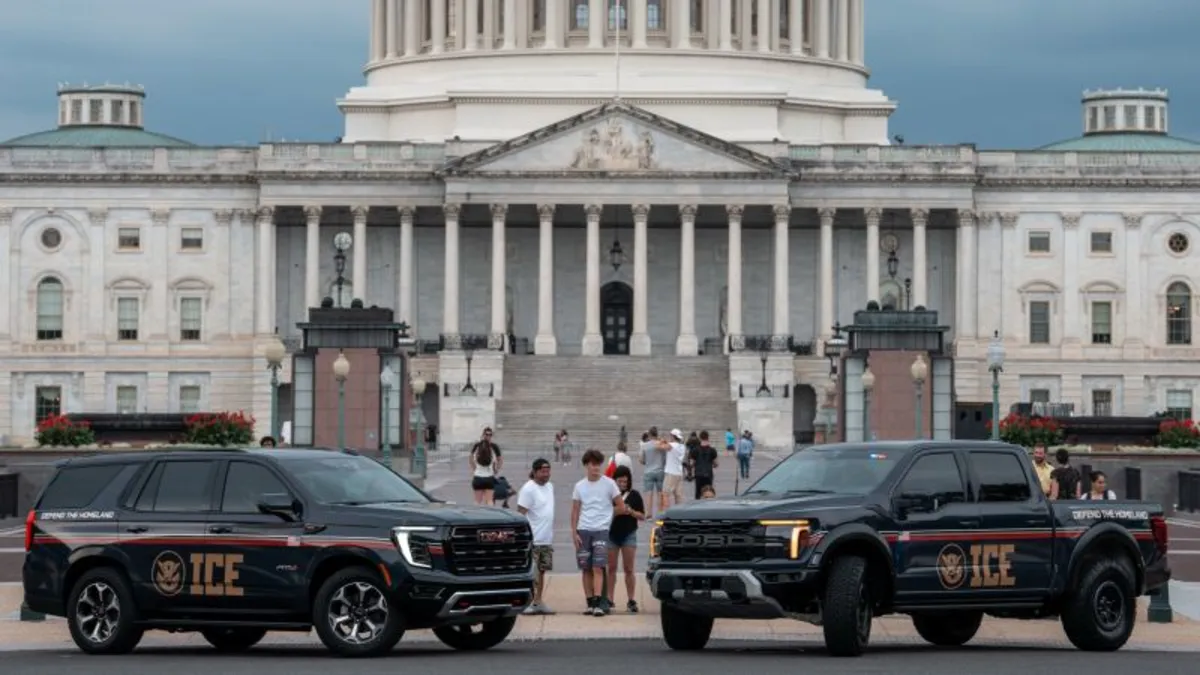
On Friday, Attorney General Pam Bondi issued a pivotal new order that reinstates control of Washington, DC’s Metropolitan Police Department (MPD) back to its chief. However, the city will still be required to respond to the Trump administration for the time being. This order follows a recent federal court hearing that challenged the appointment of DEA Administrator Terrance Cole as the “emergency police commissioner.” The presiding judge ruled that Cole cannot independently oversee the department.
Bondi’s order aligns with the judge's ruling, specifying that Cole must seek approval from Mayor Muriel Bowser when directing police activities. This adjustment primarily alters the procedural aspects of issuing directives; Bowser remains legally obligated to comply with policing requests from the Trump administration. Furthermore, the city’s attorneys retain the option to contest this order in court.
The new order includes significant statements emphasizing safety in the District: “Residents of the District of Columbia, the thousands of Americans who commute into the District for work every day, and the millions of tourists from all over the world who visit our Nation’s capital have a right to feel safe and to be free from the scourge of violent crime.” It also counters claims of manipulated crime statistics, stating, “Notwithstanding false media narratives and apparent efforts by some District employees to manipulate crime statistics, the danger posed by violent crime in the District is plain for all to see.”
DC Attorney General Brian Schwalb described the recent hearing as a “very important win” for local governance, despite the Trump administration's continued influence over the police department. He noted that the Justice Department agreed to modify a section of the order, a move that was echoed by Mayor Bowser, who expressed her encouragement regarding the hearing's outcome. However, under the revised order, the Trump administration still retains the authority to make demands on the MPD.
Judge Ana Reyes is presiding over the ongoing case surrounding the Trump administration’s control over the MPD. Appointed by President Joe Biden in February 2023, Reyes has a background in litigation and has dealt with high-profile cases. During the hearing, she emphasized the need for practical solutions, stating, “I want to get to a practical solution because time is short and there are people who need to know who they are taking direction from and what they are doing.”
The Home Rule Act is central to the discussions surrounding the control of the MPD. Judge Reyes noted that while the act allows for law enforcement requests from the president, it does not permit direct control over the police force. The judge pointed out the critical distinction between requesting services and issuing demands, underscoring that the president cannot simply impose directives on the MPD without going through established legal channels.
As tensions rise, demonstrators gathered outside the MPD headquarters to protest the Trump administration’s federal takeover. Residents expressed feelings of insecurity in the wake of the administration's actions. One protester, Katie Garcia, a recent DC resident, remarked, “With Trump’s takeover, I felt what’s going on in DC is terrifying.” Another long-time resident, Marta Ames, voiced her concerns for First Amendment rights, stating, “I’ve never seen anything like this.”
In response to the federal takeover, Attorney General Schwalb filed a lawsuit against the Trump administration, arguing that the takeover violates the District’s right to self-governance. He stated, “By declaring a hostile takeover of the Metropolitan Police Department, the Administration is abusing its limited, temporary authority under the Home Rule Act, infringing on the District’s right to self-governance and putting the safety of DC residents and visitors at risk.”
As the situation unfolds, the future of the MPD and its governance remains uncertain, with ongoing legal battles and public protests signaling a significant pushback against federal control.